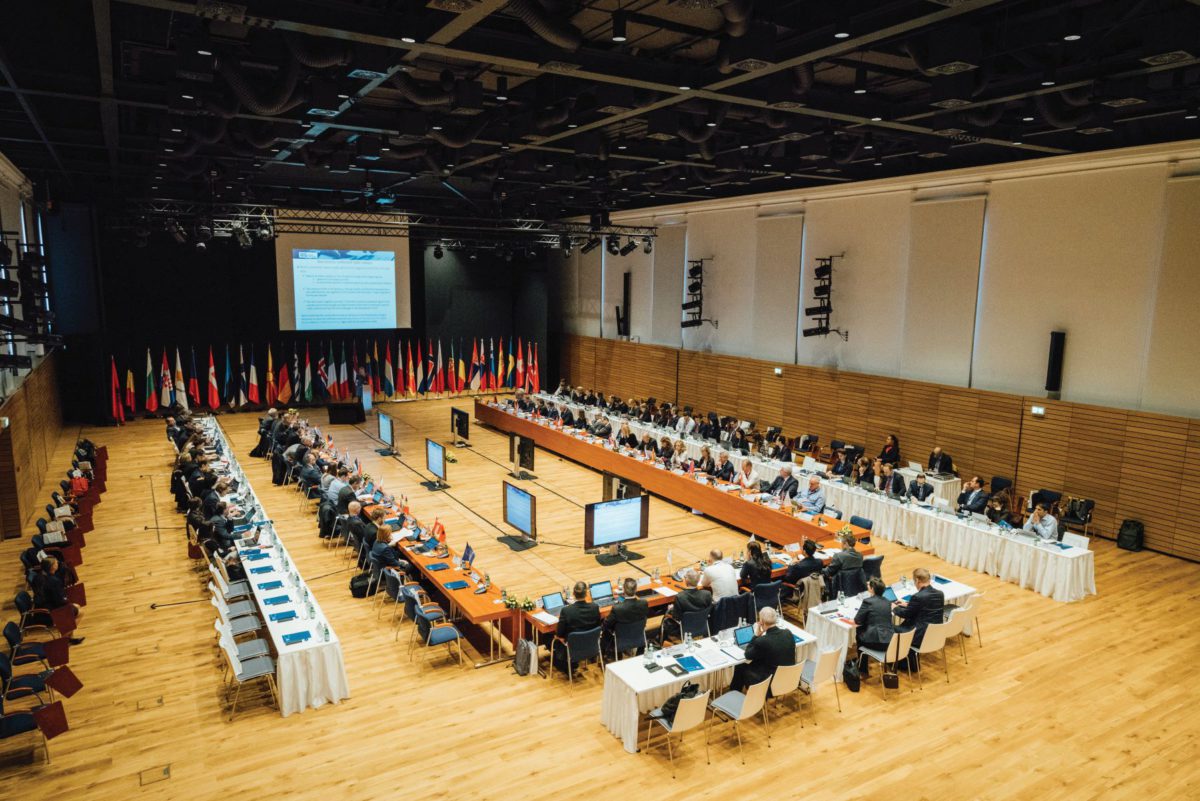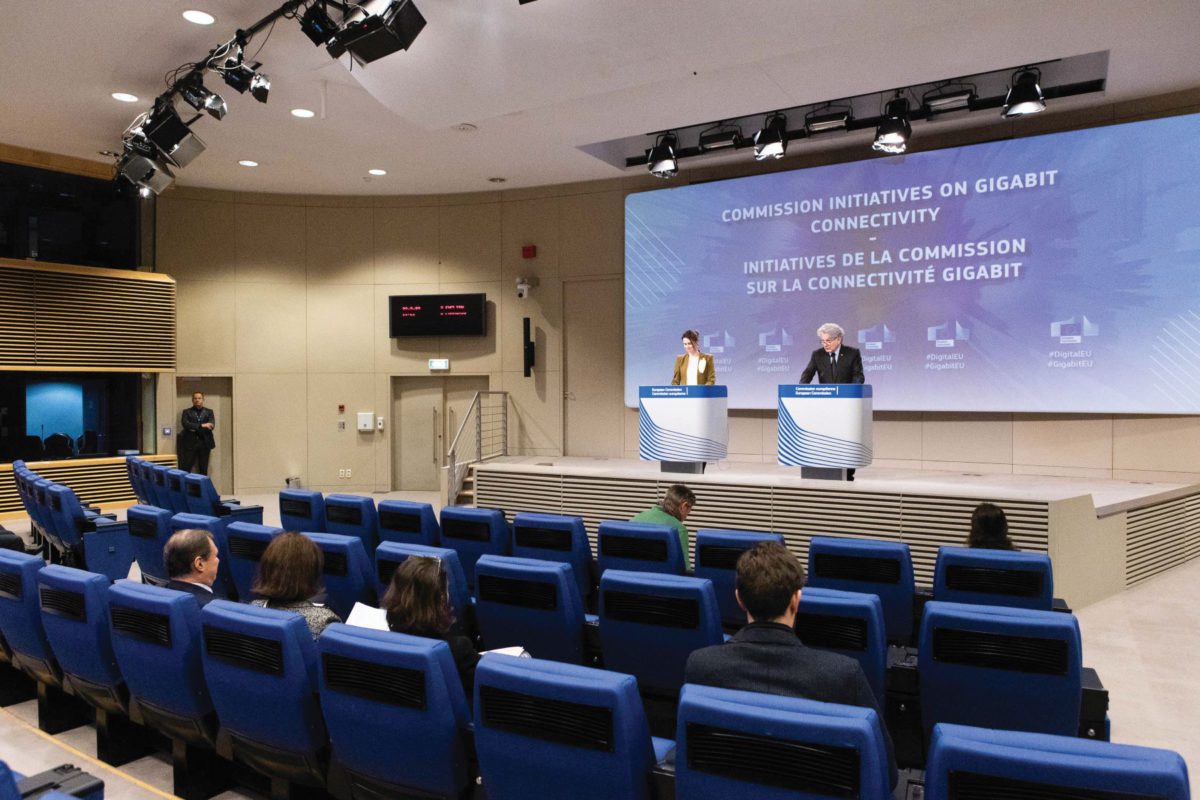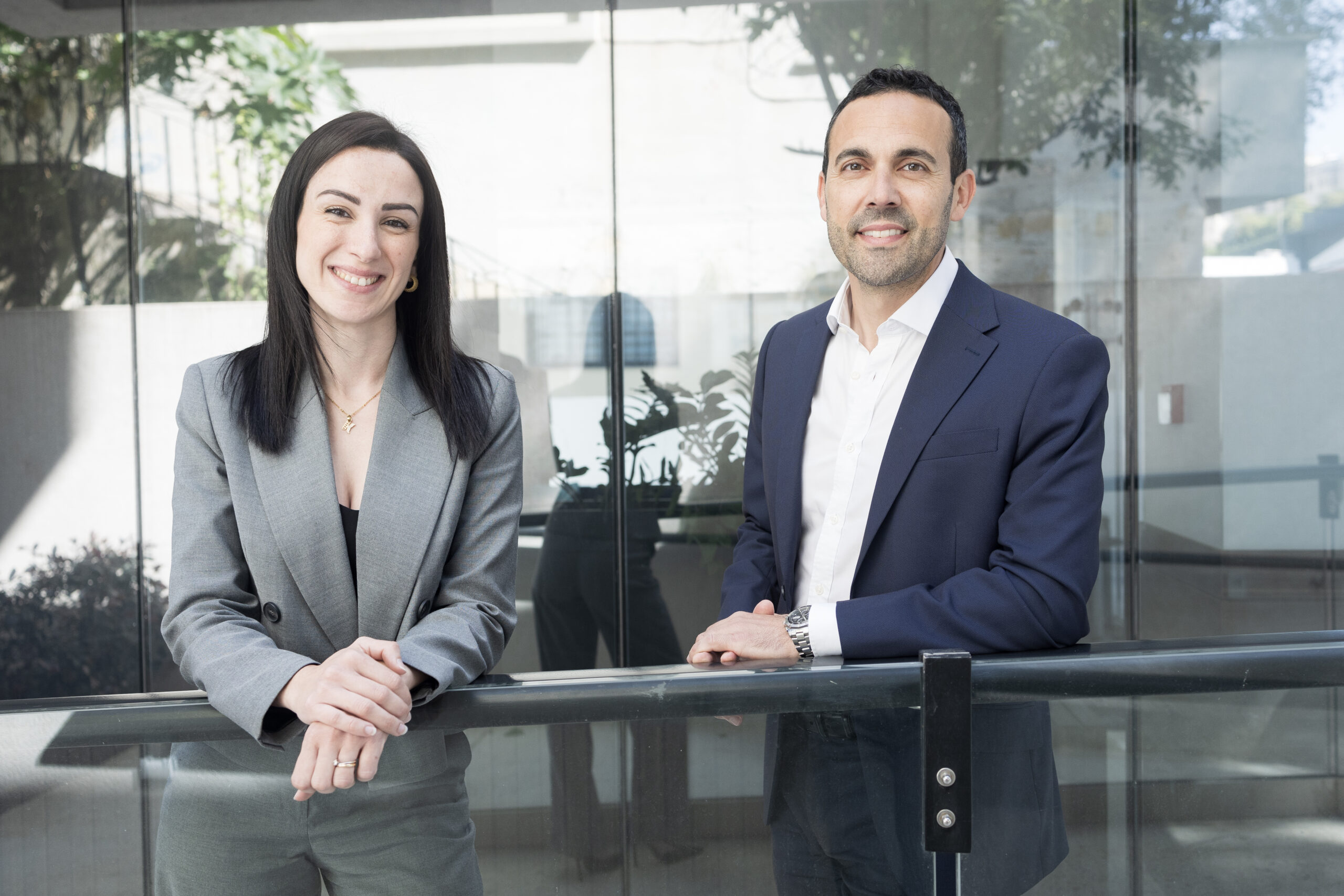With advances increasingly underpinning the way communication and information technology evolve, it would hardly be an overstatement to say that in this field, there is no limit that cannot be overcome.
Most continue to anticipate a wider roll-out of technology such as 5G and the so-called Internet of Things (IoT). Artificial intelligence is on everyone’s lips. And online marketplaces are also becoming more popular, without relying on the larger platforms. With these and other technologies, the expected impact on our daily lives and on the way we conduct business will undoubtedly continue to grow.
The mention of regulation in the same breath as the discussion on such major advancements may cause some perplexity. And yet, with new thresholds being reached with ever quicker regularity, it becomes progressively clear that some element of control is necessary. Concerns over cybersecurity, data privacy and consumer protection are also on the increase.
The Malta Communications Authority was set up more than 20 years ago, in the context of a transition that the country was experiencing as it moved on from the big monopolies of the time into a liberalised market, such as in the case of telephony. And the results that were achieved then, with a more competitive market and a level-playing field for operators, continue to be reaped today while being safeguarded and improved upon.

Now, with the emergence of new technologies, the role of the regulator becomes more critical. Innovators and first movers, while attaining the necessary capacity and technological edge, will also be looking at the positions adopted by various countries and economic blocs to better attune themselves to the rules of the game, so to speak. And a regulating authority needs to be proactive, ensuring that the benefits of new technology are not squandered but further encouraged, while ensuring that the necessary safeguards are in place.
The Malta Communications Authority is at the forefront of such developments locally, thanks to a highly specialised and dedicated multi-disciplinary workforce, as well as its ongoing participation in international bodies and fora of the European Union. The sector, particularly in relation to the telecommunications infrastructure of the country, remains important to attract and maintain economic investment and promote its growth. Competitiveness surveys indicate that it is a critical factor foreign direct investors take into account when considering doing business in Malta.
And to further attest to the Authority’s commitment to be at the heart of the discussions and negotiations taking place at the international level on this sector, its Chief Executive Officer, Jesmond Bugeja, also served as the Vice-Chair of the Body of European Regulators in Electronic Communications (BEREC), having been selected by EU counterparts.
BEREC is an EU organisation composed of the heads or nominated high-level representatives of the national regulatory authorities of the EU member states. One of its main aims is to assist the European Commission and the national regulatory authorities in the implementation of the EU regulatory framework concerning electronic communications.
Currently, the Malta Communications Authority is involved in almost 50 projects and activities in BEREC alone. These initiatives cover a wide spectrum of areas, from new legislative proposals such as the Gigabit Recommendation covering gigabit connectivity, to the publication of guidelines for regulated industries, besides the compilation of technical reports and market data collection and analysis.

The Malta Communications Authority considers that some sectors present a greater challenge than others, also in terms of viability, as new technology continues to take over. In this context, the Authority is working closely with industry operators, public authorities and other stakeholders to ensure that vital services remain sustainable.
The supervision of digital services forms part of the Authority’s strategic objectives for the period 2023-25. Forming part of this strategy, the Digital Services Act is a recently adopted piece of EU legislation which will become applicable as from 2024. It concerns providers of digital services and regulates online platforms such as social media networks, online marketplaces and search engines, as well as other digital services, including cloud computing services and online advertising.
Indeed, the necessary arrangements for its implementation need to be put in place by 17th February 2024, with the Malta Communications Authority having been earmarked to serve as the Digital Services Coordinator for Malta. Preparations are now moving in earnest across the European bloc for the national authorities to be in a position to enforce these rules by the deadline.
The Authority has cultivated a level of experience in its enforcement role in relation to the eCommerce Directive introduced some decades back. While the regulatory landscape for digital services in the EU continues to develop, the Authority is also responsible for areas such as trust services, geo-blocking, cross-border portability of online content, and the accessibility of websites. On the latter aspect, the Authority has worked extensively together with several other partners to ensure that the websites of public entities are accessible.
Collaboration is key. And in this respect, the MCA has recently signed separate Memoranda of Understanding with the leading business representative bodies in Malta. The aims here are two-fold: supporting growth in digital services and promoting regulatory compliance by the Maltese business community.
With more emerging technology potentially having a large impact on our lives and business practices, as well as on how we communicate, the future presents several opportunities and a number of challenges – some more easily evident than others. By being well-informed about these developments and actively involved in the negotiations even at an international level, as well as maintaining an open channel of communication between policy makers, regulators and stakeholders, the MCA seeks to ensure that its action allows for more technological advances to come into play while minimising negative impacts on end users.
The Authority’s CEO underlines the importance of being proactive and forward-thinking to capitalise on the prospects ahead. Mr Bugeja states, “Malta has consistently fared amongst the top EU countries in terms of digital progress.” And the Malta Communications Authority aims to continue to actively play its part in ensuring that the Maltese jurisdiction remains at the forefront of the digital revolution and meets the ambitious targets of the EU’s Digital Decade 2030 strategy, with a particular emphasis on connectivity.
This interview was first carried in the 2023 edition of Business Now Magazine, the sister brand to BusinessNow.mt and produced by Content House Group
Featured Image:
Photo by Mitchell Camilleri
Malta’s next leap: Secured
How ESET delivers enterprise-grade security to meet Malta’s digital ambitions
Mastering the language of business: How BELS is crafting bespoke training for a dynamic economy
BELS Malta Director of Studies Arianna Muscat on how the language school helps companies equip their teams for success.
Built differently – CLA Malta offers custom solutions in a cookie-cutter landscape of tax advisory and business
Their client-centric philosophy extends far beyond conventional consultancy.






